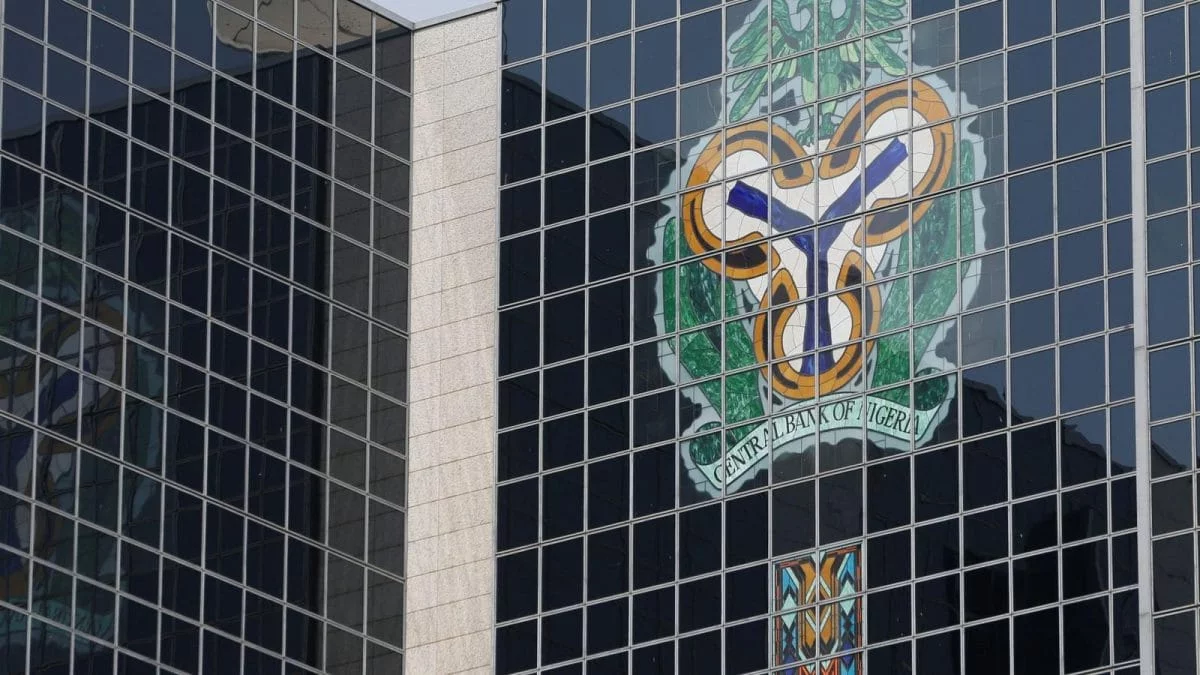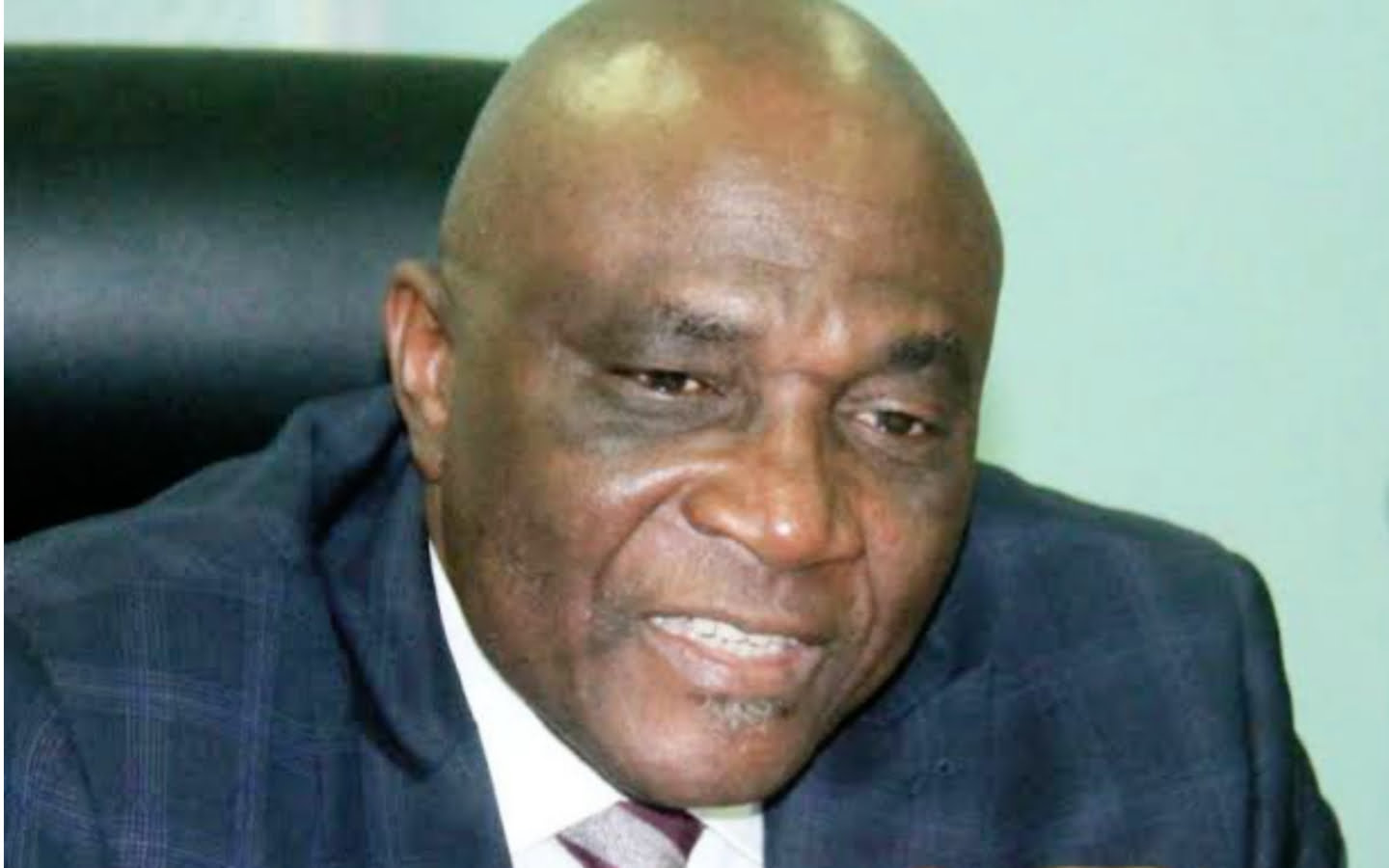The recent move by the Central Bank of Nigeria, CBN, to further float the Naira in the foreign exchange market has raised mixed concerns in the country’s economic sector.
According to experts familiar with the sector, the move is similar to what the CBN did eight months ago on June 14 last year, called Naira liberalization.
The apex bank told commercial banks that Naira should be priced and traded transparently, reiterating the “willing buyer and willing seller” policy.
The official forex did not receive the policies well initially, as the Naira nosedived to N1,500 per US dollar last Monday before easing to N1,419.86 on Monday this week.
DAILY POST recalls that within the last week of January, the country’s apex bank introduced several policy interventions, including Financial Markets Price Transparency and FMDQ notice of FX Market Rate Pricing Methodology.
This saw the currency depreciate from N891.90 per US dollar to N1,409.86 on January 26.
The apex bank also issued Harmonization of Reporting Requirements on Foreign Currency Exposure of Banks, Removal of Allowable Limit of Exchange Rate Quoted by International Money Transfers Operators and Reviewed Guidelines of International Money Transfers in Nigeria in its effort to stabilize the Naira at FX market by boosting supply.
DAILY POST reports that the instance impact was the over 40 per cent upward review of the import exchange rate to N1,356.883 per US dollar from N951.842.
CBN governor, Olayemi Cardoso said during a recent interview with Arise Television that the bank’s intervention aims to avoid the pitfalls of failed policies and ensure that the resources are used effectively and reach the right people.
Noticeably, the country’s currency has appreciated against the Dollar, though marginally, three times since Monday last week.
Also, DAILY POST reports that the supply of US dollars surged at the official foreign exchange market, rising to 180.59 per cent to $440.13 million last Friday as commercial banks rushed to avoid the Central Bank of Nigeria’s regulatory sanction.
Meanwhile, the Director, Centre for the Promotion of Private Enterprise, Muda Yusuf, called for the CBN and Nigeria Customs Service to reverse the import duty exchange rate, saying the move will further impoverish more Nigerians due to the country’s reliance on imported goods.
Speaking to DAILY POST on Monday, Mazi Okechukwu Unegbu, a former president of the Chartered Institute of Bankers of Nigeria, backed the recent interventions by CBN to help stabilize the Naira.
According to him, the country’s currency is undervalued, hence the need for the recent policy interventions by the apex bank to strengthen the Naira.
He noted that Nigerians have to bear the consequences of consuming goods and services mainly made in Nigeria.
“Let me start with something, right? Remember, I have said before that even the CBN governor has also echoed that the Naira is very undervalued.
“In other words, the value of the Naira is not its real sense, right? So, what is happening is that the Naira is gaining its true value.
“Let me tell you this: if you have $1 with you, we are talking 1$ to the Naira; in the United States, you cannot get a cup of tea for 1$, right? But in Nigeria, with N1500, you have your lunch and eat well.
“The president listens to the International Monetary Bank and the World Bank. However, these organizations don’t do anything for the benefit of third-world countries.
“I agree with the CBN governor in his policies because he knows that the Naira is undervalued. Therefore, he has come up with issues that will probably help to firm up the Naira.
“In doing those things, the CBN will also bear in mind that the politicians also have their own issues; we must find a way not only to help in production but also make sure that the politicians will not get the necessary Naira to continue to chase the Dollar.
“So these are some of the things I think we should be looking at, but I think for now, Nigerians should endure the pain, try to hold ourselves and avoid foreign goods and services.
“Once we can do that, we cannot all die simultaneously and will be able to survive. I don’t see why we cannot. The best thing is to punish ourselves, not to go for foreign goods but to depend on local materials.
“Go to your farms and produce in your backyard; I tell you, the Naira will come back because we’ve lost the companies that used to produce, the fertile times are gone, and most of the productive capacities are gone. So, the best thing now is for us to depend on agriculture where we were before we discovered oil.
“That’s why I’m even saying that Nigerians should punish themselves by rejecting foreign goods because there are certain foreign goods we can do without, whereas we depend on local production. That is the only solution I can think of for now,” he said.
On his part, The CEO of SD & D Capital Management, Mr Idakolo Gbolade said the recent measures by the CBN were aimed at devaluing the Naira against foreign currencies.
Gbolade, however, urged that the CBN must not be reactionary but critically examine their policies so far with a view of correcting areas that need adjustment.
He said proper implementation is key if the CBN must achieve results.
He told DAILY POST that, “The measures taken so far by the CBN are aimed at devaluing the Naira and allowing it to stabilize at a point.
“The other policy interventions regarding removing banks’ continuous hold on long-term forex in USD and directives on handling IMTO transactions will free a lot of US dollars from the banks and release them to the market.
“The banks have profited from the exchange rate fluctuations by keeping a long-term hold on their US dollar position.
“I would like the CBN not to be reactionary but critically examine the impact of their policies so far with a view of correcting areas that need adjustment.
“The continuous devaluation of the Naira is a result of demand far outweighing supply due to scarcity. The CBN should evolve other ingenious measures to reduce the demand pressure.”
Also speaking to DAILY POST, Prof Godwin Oyedokun, a don at the Lead City University in Ibadan, frowned at the back-front of policy interventions with required short and long-term benefits.
He identified failing oil prices, overdependence on imports, and decline in foreign investment and reserves as major setbacks to the country’s currency, the Naira.
Meanwhile, Oyedokun said the country must take economic diversity seriously, woo foreign direct investors, and promote export-oriented industries.
“The problem of foreign exchange in Nigeria refers to the scarcity or difficulty in obtaining foreign currency, primarily the US dollar, which is necessary for international trade, investment, and transactions. Some of the main issues contributing to this problem are:
“Falling oil prices: Nigeria heavily relies on oil exports as a major source of revenue. When oil prices drop, the country’s foreign exchange earnings diminish, leading to a shortage of foreign currency.
“Overdependence on imports: Nigeria imports a significant portion of its consumer goods and industrial inputs. This causes a large outflow of foreign currency, putting pressure on the exchange rate.
“Decline in foreign investments: The lack of foreign direct investment in the country reduces the inflow of foreign currency, exacerbating the foreign exchange problem.
“Weak diversification efforts: Nigeria’s economy is largely dependent on the oil sector, leaving it vulnerable to fluctuations in oil prices. Insufficient efforts to diversify the economy limit alternative sources of foreign currency”, he said.
A a solution to address the foreign exchange problem in Nigeria, he identified the following:
“Diversify the economy: The government should focus on developing non-oil sectors, such as agriculture, manufacturing, and services, to reduce reliance on oil and create alternative sources of foreign exchange.
“Encourage foreign investments: Implement policies that attract foreign investors by improving the ease of doing business, addressing corruption, and providing incentives such as tax breaks or special economic zones.
“Promote export-oriented industries: Support the growth of export-oriented sectors by providing incentives, infrastructure, and access to credit to encourage export diversification and earn foreign currency.
“Enhance forex reserves: Build up the country’s foreign exchange reserves to buffer during economic volatility. This can be achieved by better managing oil revenues, encouraging diaspora remittances, and exploring international borrowing options.
“Fiscal discipline: Implement prudent fiscal policies to control government spending, reduce budget deficits, and curb inflation, which can stabilize the currency and attract foreign investors.
“Improve transparency and accountability: Establish mechanisms to reduce corruption, promote transparency in foreign exchange transactions, and ensure the efficient allocation of available foreign currency.
“Strengthen regional trade: Encourage intra-African trade and regional integration initiatives to enhance trade with neighbouring countries and reduce dependence on imports from distant sources.
“By implementing these solutions, Nigeria can overcome its foreign exchange problem and create a more stable and sustainable economic environment”, he told DAILY POST.
Fresh move by CBN to float Naira sparks concerns in Nigeria’s forex market



